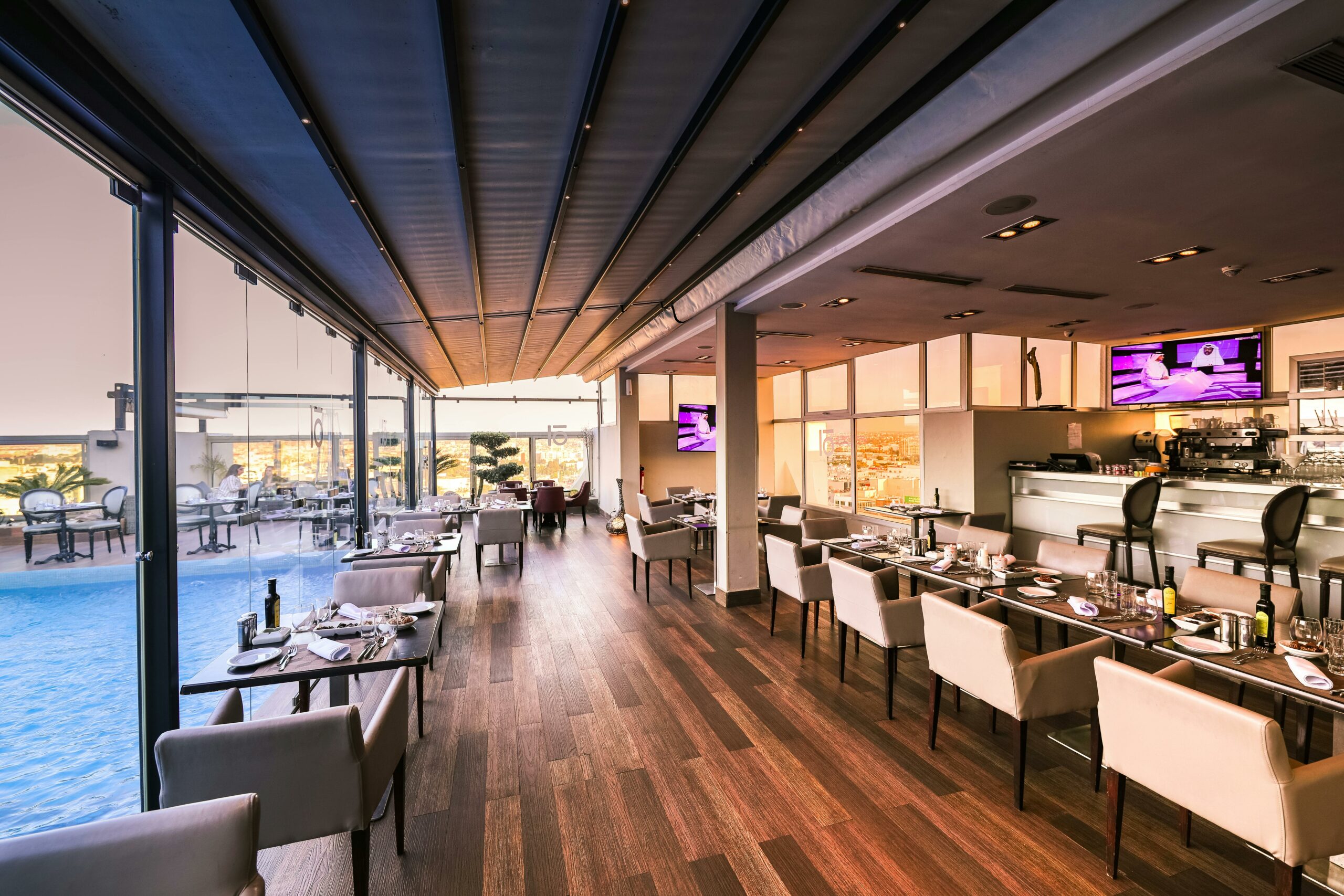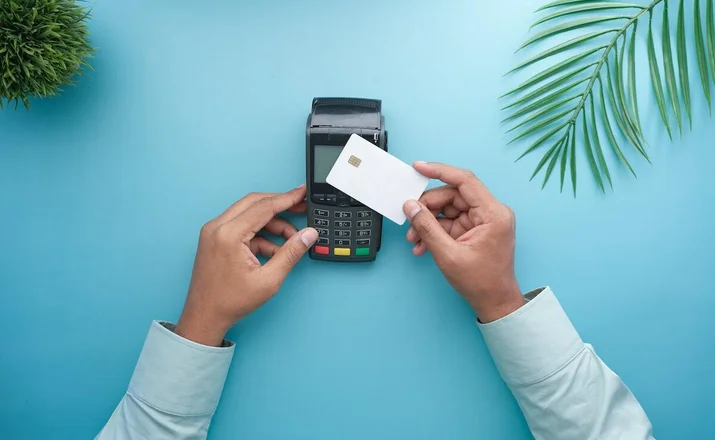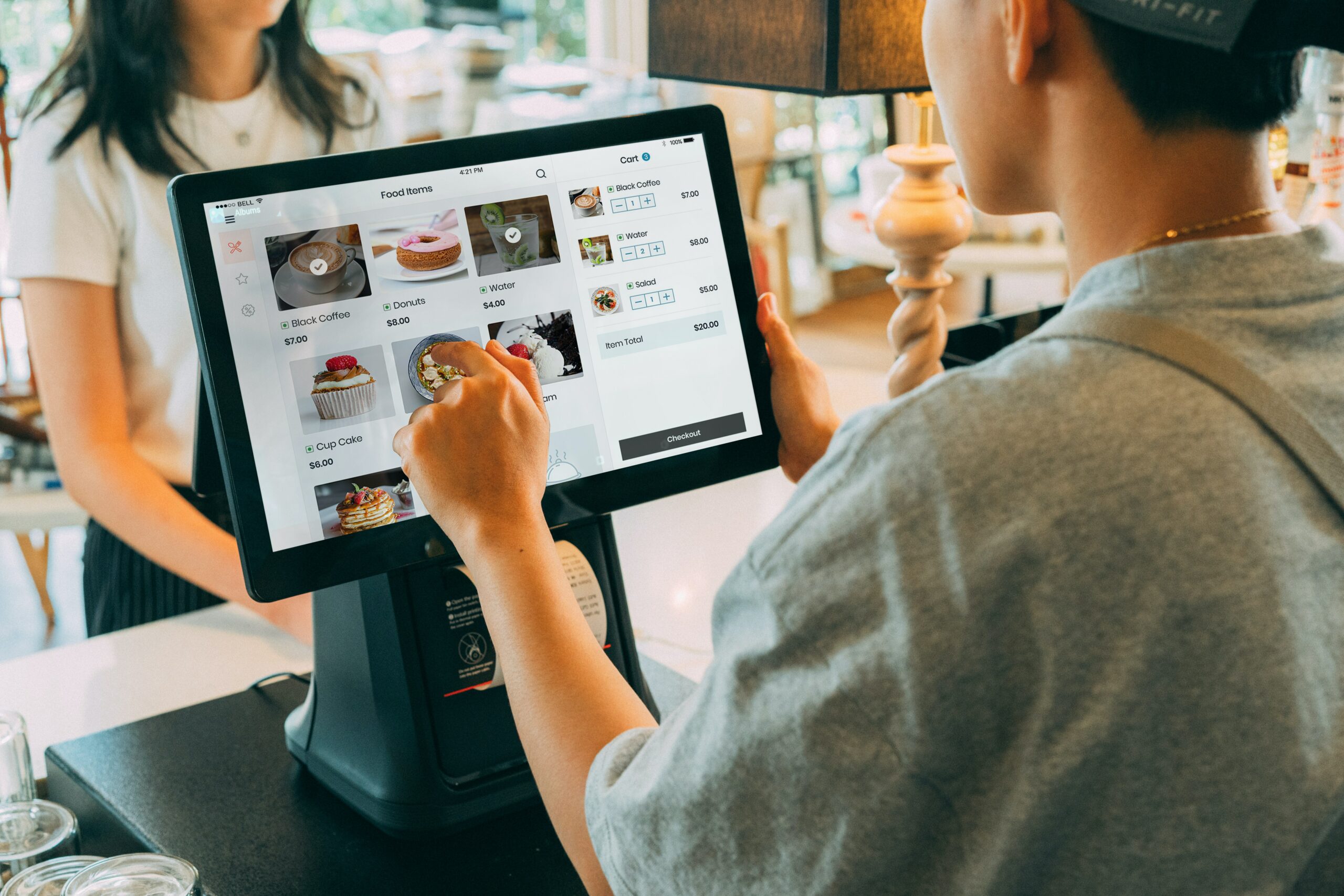
Restaurant Chargebacks: The Ultimate Guide for Business Owners
Running a restaurant is a labor of love, but even the most successful businesses face challenges. One often-overlooked hurdle? Restaurant chargebacks. A chargeback occurs when a customer disputes a credit card transaction with their bank, potentially leading to lost revenue, fees, and reputational damage for your business.
If chargebacks are cutting into your profits and frustrating your customers, this guide will arm you with the knowledge and strategies to understand, fight, and minimize them.
What are Restaurant Chargebacks?
Before you can effectively manage chargebacks, you must understand what they are. A chargeback is a refund initiated by a bank for a credit card purchase. These happen when a cardholder disputes a charge they deem fraudulent.
While chargebacks were designed to protect customers from legitimate fraud, some misuse them, leaving businesses to prove the legitimacy of the charges.
Common Causes of Restaurant Chargebacks
To combat chargebacks, you need to understand their root causes. Here are some common scenarios in the restaurant industry:
- Friendly Fraud: Customers falsely claim they didn’t authorize a transaction to avoid payment.
- Unclear Statements: Vague transaction descriptors on credit card statements confuse customers.
- Processing Errors: Duplicate charges, incorrect amounts, or other POS mistakes.
- Service Quality Issues: Disputes arise from poor food quality, unsatisfactory service, or delays.
- Card-Not-Present Fraud: Online ordering exposes businesses to stolen credit card transactions.
- Double Refunds: Customers request a chargeback after already receiving a refund.
The Impact of Chargebacks on Your Business
Chargebacks might not plague restaurants as much as other industries, but their effects can still be significant:
- Revenue Loss: You lose the sale amount, goods, and pay hefty chargeback fees.
- Resource Drain: Managing disputes consumes time and money.
- High-Risk Flag: Excessive chargebacks can label your business as “high-risk,” increasing fees or even terminating your merchant account.
- Fraud Disputes: Fraudulent chargebacks are challenging to win, even with proper documentation.
Restaurants with high transaction volumes, like quick-service spots, are particularly vulnerable.
The Chargeback Dispute Process
Chargebacks aren’t always preventable, but understanding the dispute process can help you navigate them effectively. Here’s how it works:
- Chargeback Filed: A customer disputes a charge, prompting the issuing bank to investigate.
- Fee Charged: Your business is charged a non-refundable fee.
- Evidence Submission: You provide documents (receipts, logs, etc.) to prove the charge was valid.
- Final Judgment: The issuing bank reviews the evidence and makes a decision.
If you win the dispute, you recover the funds. However, customers can still escalate disputes, incurring additional costs.
How to Win Chargeback Disputes
Follow these steps to improve your chances of winning chargeback disputes:
- Gather Evidence: Compile receipts, transaction records, communication logs, delivery confirmations, or timestamps from your POS system.
- Organize Evidence: Present documents clearly and concisely using your payment processor’s representment form.
- Submit Your Dispute: Submit all evidence to your processor, who will handle the communication with the issuing bank.
Working with a reliable payment processor simplifies this process and boosts your chances of success.
Strategies for Preventing Restaurant Chargebacks
Here are actionable tips to reduce chargebacks in your restaurant:
1. Use Card Security Codes
Capture card security codes (CSC) for online and QR code payments to reduce fraudulent transactions.
2. Implement 3DSecure
Add an extra authentication layer for online orders, shifting liability to the card issuer in case of disputes.
3. Leverage Dispute Management Tools
Work with a payment processor offering tools to track and respond to disputes efficiently.
4. Respond to Retrieval Requests
When customers request transaction details, respond quickly to prevent disputes from escalating into chargebacks.
5. Verify Addresses
Use Address Verification Service (AVS) to ensure accurate billing and delivery addresses, minimizing issues with online orders.
6. Enhance Service Quality
Invest in training your staff, maintaining food quality, and ensuring smooth restaurant operations to improve customer satisfaction and prevent disputes.
Managing Restaurant Chargebacks
While chargebacks are inevitable, they don’t have to hurt your business. By understanding the causes, leveraging the right tools, and taking proactive measures, you can minimize disputes and protect your revenue.
Partnering with a payment processor that offers advanced features, such as chargeback management tools and secure payment methods, is critical to safeguarding your business.
get in touch today
Schedule Your Initial Consultation

“Very Satisfied”
Having just set up our account, I found the help and service exceptional. One often hears of the uncaring bank personal that hides behind voice mail and seldom returns calls, our experience was the opposite. Start to finish 4 days from when I talked with Andy to arrange credit card processing to everything from Southwest Merchant Services being set up. Very satisfied.
Shona Jones
more payment processing solutions
Discover Your Options
Cannabis dispensaries face unique challenges with payment processing. Learn what solutions are truly compliant, what to avoid, and how to keep your business protected.
A powerful POS system can transform your business operations and boost your success. Discover the key features that make a POS system truly powerful, from advanced inventory management to seamless integrations. Elevate your business with a cutting-edge POS system designed to enhance efficiency and drive growth.
Discover how a reliable POS System eliminates restaurant challenges head-on, improves efficiency, enhances customer service, and streamlines operations for better profitability.




